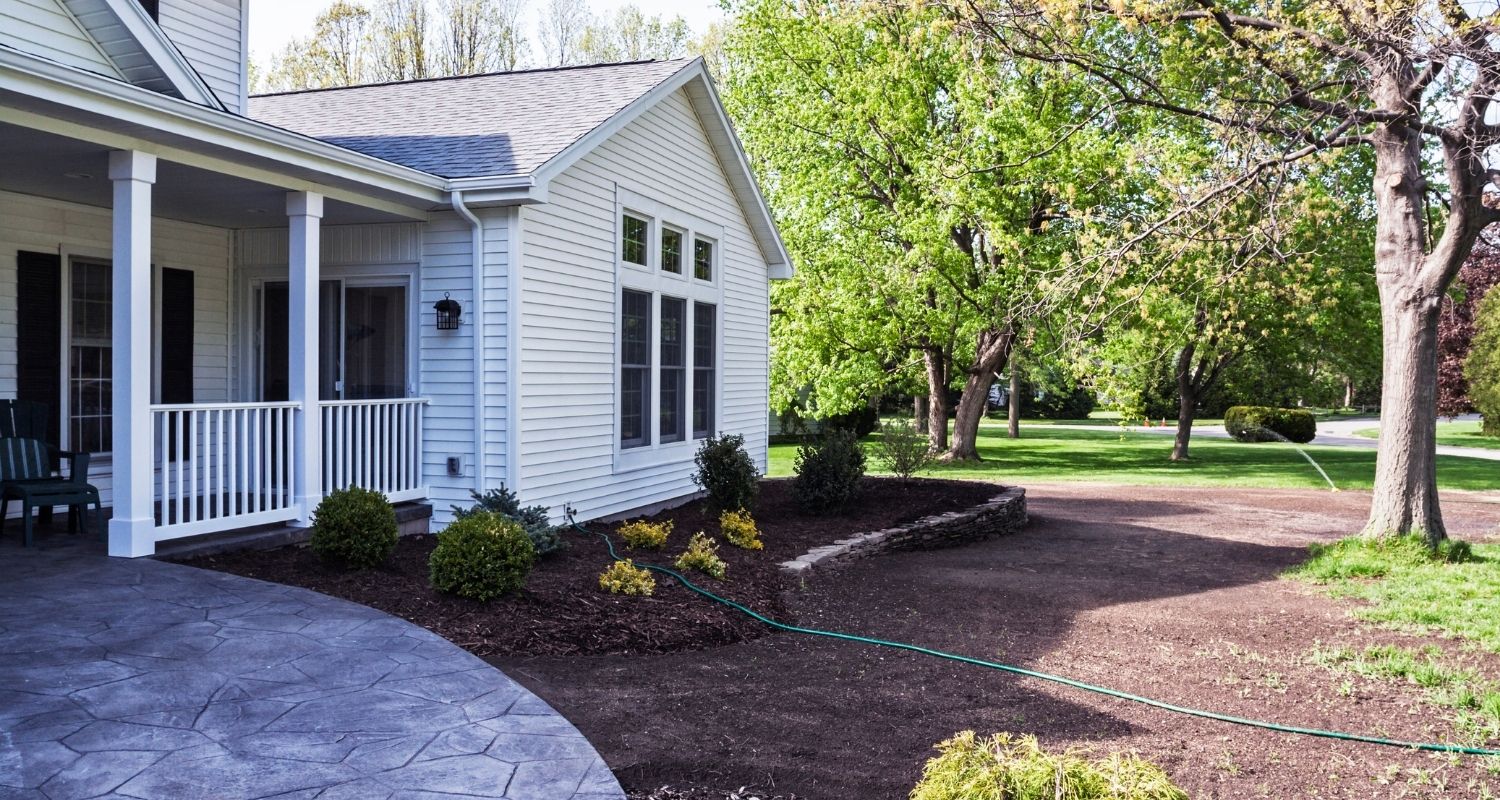The Different Types of Home Additions
There are various methods to expand the living area in your house. Depending on the location of the additional space, there is almost certainly a method to make it happen. The following are some of the most frequent types of home additions.
- Bump Out
A bump-out, sometimes referred to as a single room addition, expands a single room, such as a kitchen or bedroom. This small-scale renovation will add just around 100 feet to the area, but it will significantly improve its functionality.
For instance, a kitchen bump-out may enable you to create a breakfast nook, allowing your family to meet in one location to eat meals rather than being divided between the kitchen and a separate dining room.
- Multi-Room build-out
Typically, a complete addition consists of multiple rooms that expand back. When completed, the addition should blend in seamlessly with the existing house, with no discernible line separating the original house from the addition. A complete multi-room build-out may entail the following:
- Expansion of the great room
- A mudroom next to the garage
- A complete bathroom
- A room with three distinct seasons
- Multi-Room Build Up
As with a build-out, this is a type of home addition in which you build up and expand your second floor. This may involve the following:
- Addition of bedrooms
- Expansion of the master bedroom
- Including a loft
- Including a second stairwell
- Complete Renovation and Home Addition
The biggest house addition project is a complete makeover coupled with a home addition. This may entail both a kitchen renovation and addition, as well as rearranging the rest of your house. This may entail demolishing existing barriers, constructing new ones, or reimagining how the existing area might be utilized.
The more room you add to your house, the more home addition contractors will be involved, from HVAC to plumbing to electrical. Depending on the sort of home renovation expert you employ, a team of subcontractors will be assembled, including painters, carpenters, and fabricators.
What Are The Most Common Reasons For Home Additions?
- Families are growing
It’s a well-known fact that children crave their own space at a certain age. Perhaps sharing a room was fine when your children were toddlers, but now they demand more freedom. Or you now have more children or stepchildren than you did a few years ago, which might help maintain family unity.
- Increasing needs
You and your family’s needs will change throughout your life. Perhaps you require a garage, or you want additional storage. Perhaps you’re able to spend more time at home and want a sunroom. Perhaps you entertain more often and want a bigger kitchen. Perhaps you’ve just begun working from home and desire a separate office area where customers can come without passing through portions of your living space.
- Income growth
A home addition is more of a desire than a necessity in some cases. That is OK as well. As your income increases, you may find that you can make changes that you have desired for some time.
This type of renovation can not only increase your enjoyment of your home, but it can also significantly increase its value.
Because interest rates are so low right now, this may be the ideal time to take advantage of them and obtain the additional space you’ve always desired.
Five Advantages of Home Additions
- Additional Space: A home addition is an excellent way to increase the square
 footage of your house for storage, an extra room or bathroom, or more living space. You don’t even have to add a new room—by simply opening up an existing one, you can enjoy a wide range of possibilities.
footage of your house for storage, an extra room or bathroom, or more living space. You don’t even have to add a new room—by simply opening up an existing one, you can enjoy a wide range of possibilities. - Additional Family Rooms: By adding on to your house, you may accommodate additional family members, children returning home, or family members staying in town for the holidays. By adding an extra room or an in-law suite, you may provide more space for you and your visitors without forcing everyone to live in close quarters.
- Additional Value: By researching house improvements, you may increase the value of your property. Prospective purchasers constantly look for spacious kitchens, multiple bedrooms and bathrooms, and usable living space.
- Savings on costs: At times, it appears to be easier to simply relocate rather than attempt to adapt your current home to your needs. However, relocating is costly and time-consuming. Home extensions are usually less expensive than relocation and take less construction time.
- Rental Property: Renting out more space is another option for house expansions. Suppose you have an additional completed house renovation, such as a basement or separate building. In that case, you may rent out the area to offset the cost of a mortgage or renovation charges.
< Previous | Home | Next >




